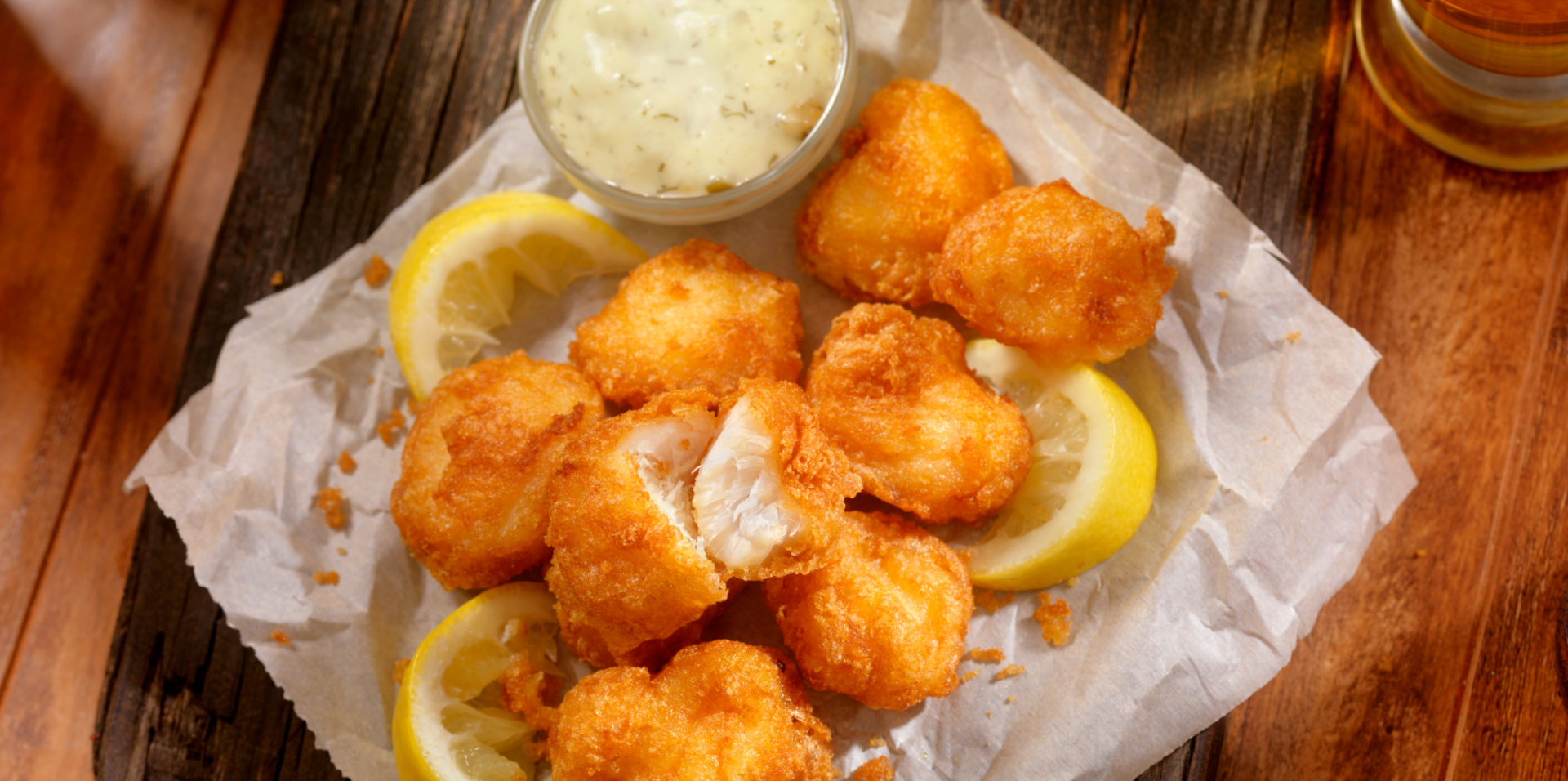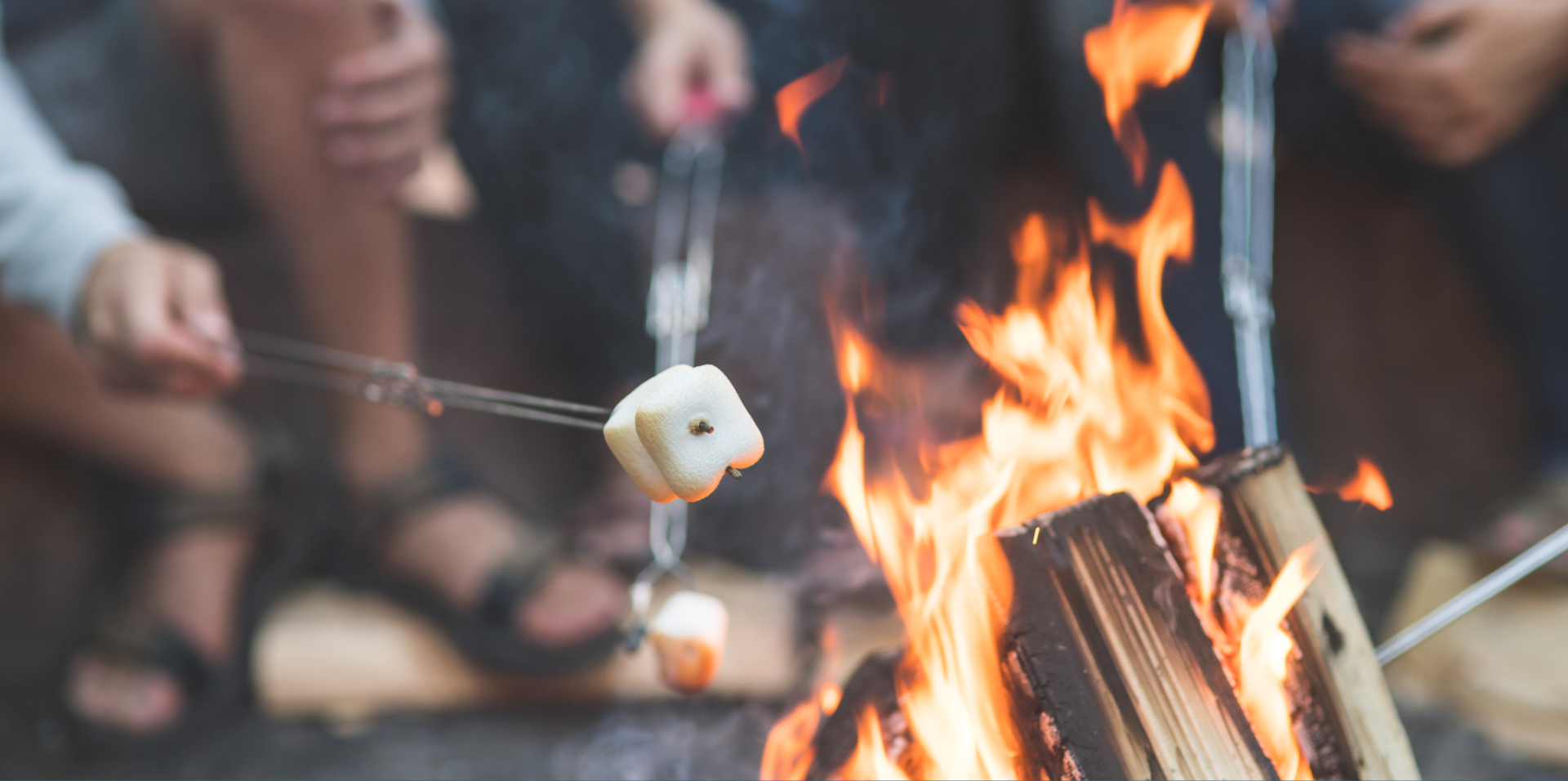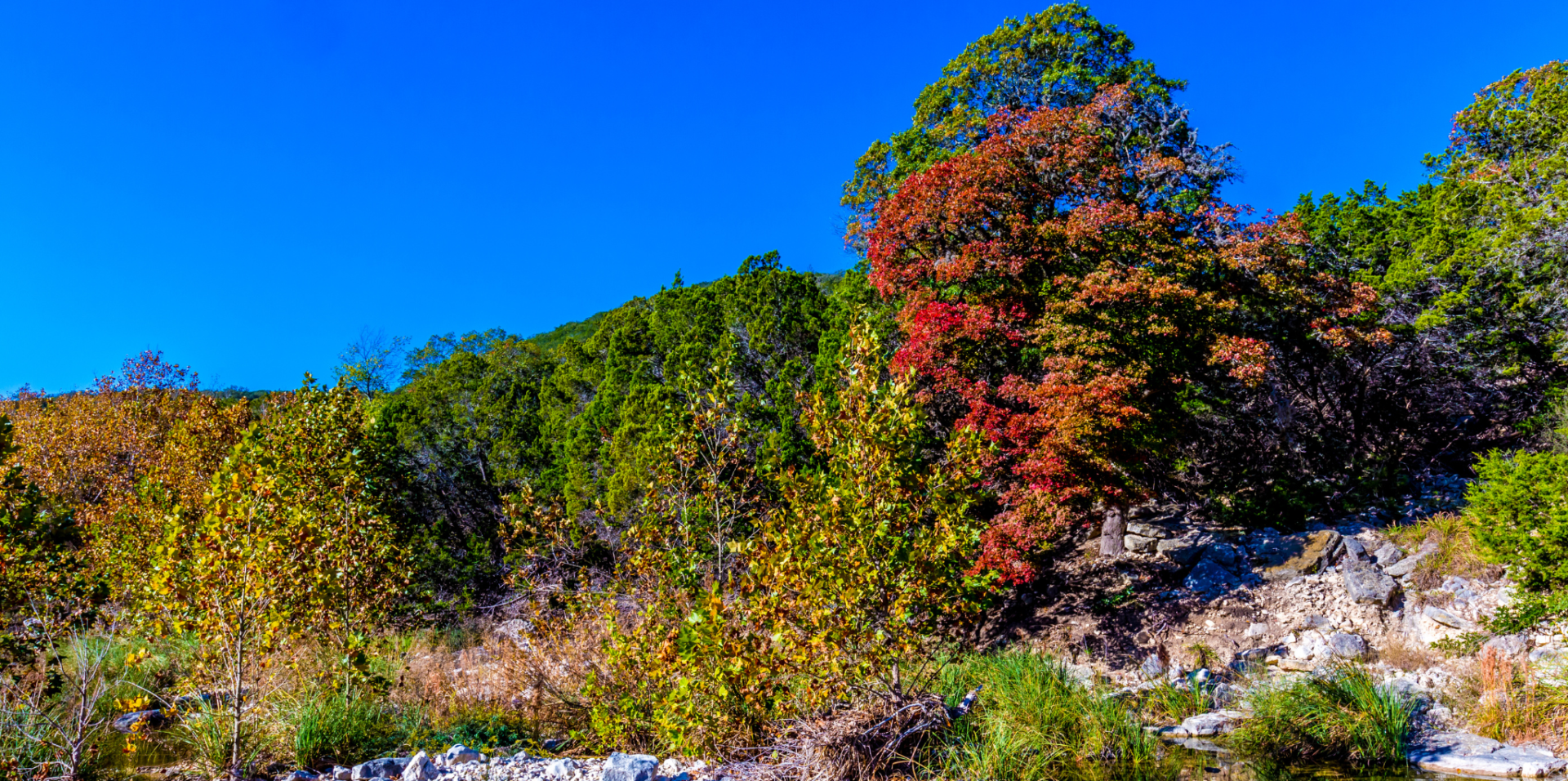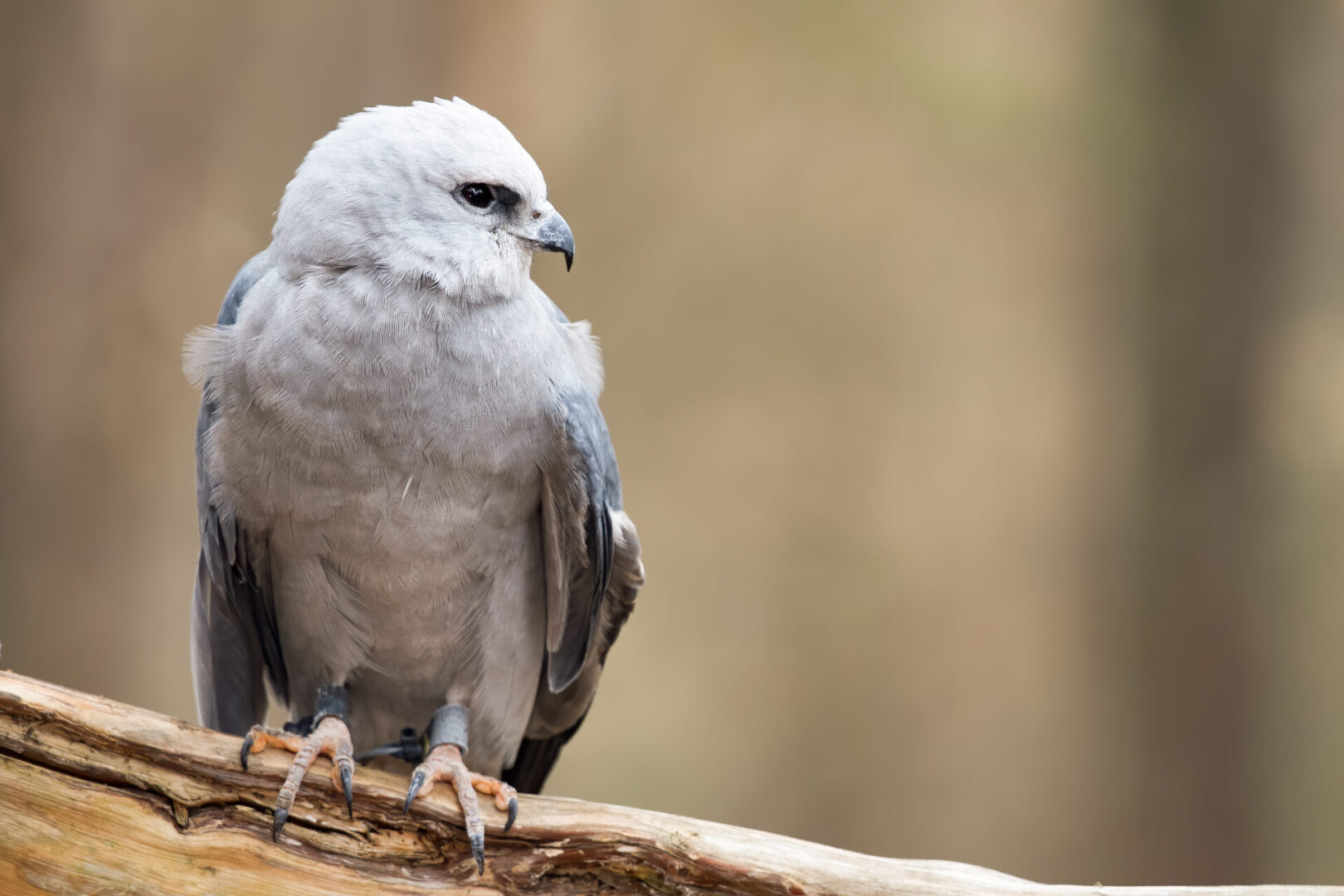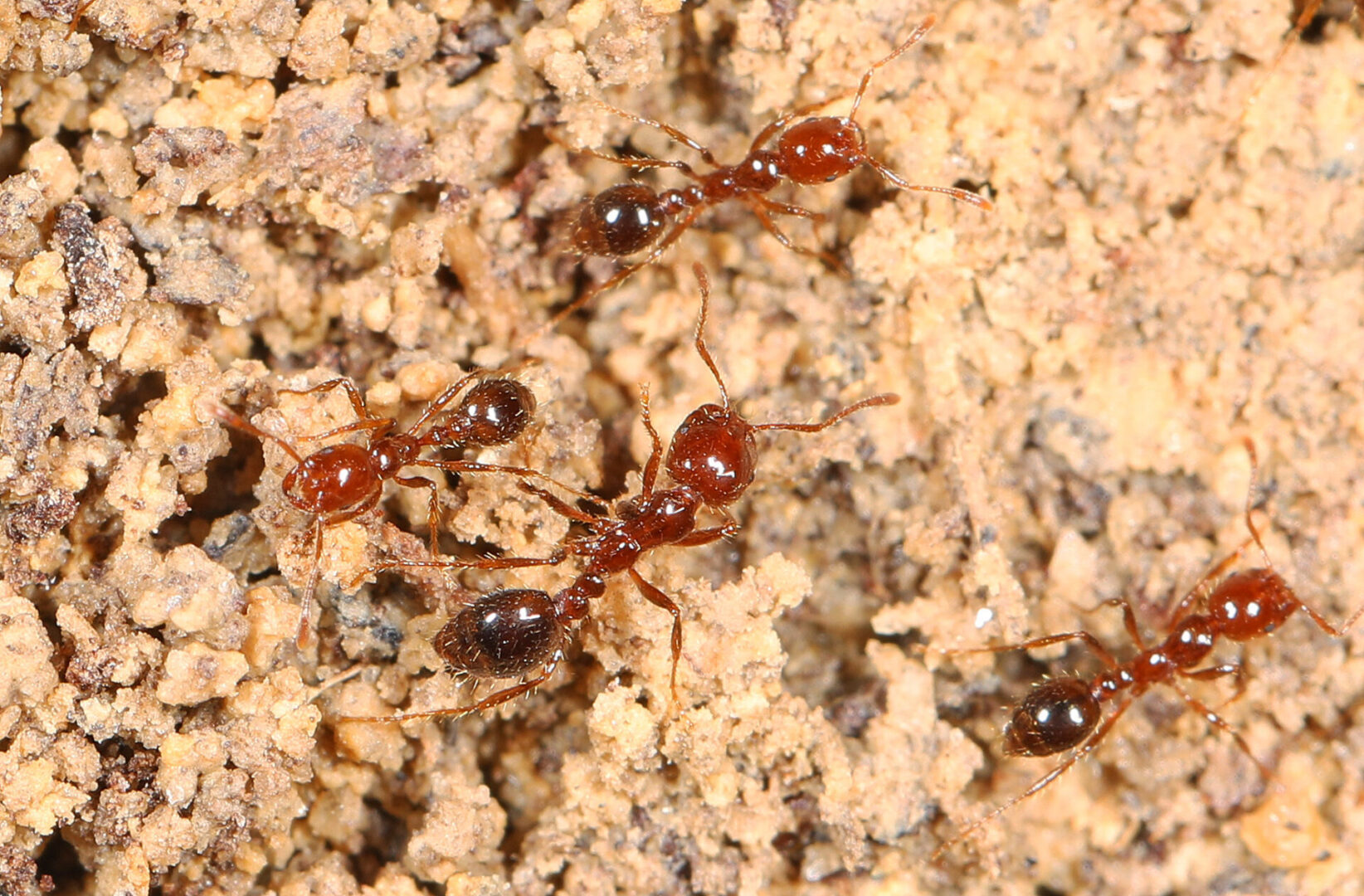Green Camping: How to Compost While on a Camp Trip
Hey Garden Thyme readers! Do you love spending time outdoors under the stars, but worry about the amount of trash your camping trip generates? Well, fret no more! This edition of Garden Thyme dives into the world of Green Camping, where we’ll show you how to compost right at your campsite, reducing waste and creating something amazing for your garden back home.
Composting 101: It’s Like Making Nature’s Candy!
Composting is like creating a special kind of soil candy for your plants. You take food scraps and yard waste, and with a little help from nature’s decomposers (think tiny bugs and worms), they turn into a rich, dark soil amendment that nourishes your plants. But here’s the coolest part – you can do this while camping!
Setting Up Your Mini Camp Composter:
Here’s what you’ll need to create your own portable composting system:
- Mesh bin (½ inch holes): This allows air to circulate and keeps critters like raccoons out [Link to Mesh bin (.com)] . A small plastic bin with a lid works too!
- Brown materials: Dry leaves, twigs, paper towels, cardboard egg cartons (cut or tear them up for better airflow).
- Green materials: Food scraps like vegetable peels, fruit cores, coffee grounds (used filters are okay too!), eggshells.
Pro-Tip: Chop up your food scraps into smaller pieces to speed up decomposition.
The Dos and Don’ts of Camp Composting:
DO:
- Add a layer of brown materials (like leaves) to the bottom of your bin to absorb moisture.
- Alternate between green and brown materials as you add your scraps.
- Give your compost a stir every few days to mix things up and add oxygen.
- Keep your compost bin in a shady spot to prevent it from drying out.
DON’T:
- Add meat scraps, dairy products, or oily food. These attract unwanted critters and can make your compost smell bad.
- Toss in pet waste, it can attract flies and carry diseases.
- Put in anything with chemicals like paint or cleaning products. These can harm your plants.
Taking Your Compost Home:
When your camping trip is over, you have two options:
- Empty the compost onto a designated compost pile at home. Many campsites have these, so check before you leave.
- Freeze your compost bin. This will slow down decomposition and make it easier to transport home. Once home, thaw it out and add it to your regular compost pile.
Must-Have Camping Compost Kit:
- Mesh bin ( https://a.co/d/8QE0TDc )
- Small gardening trowel for mixing your compost ( https://a.co/d/6rr79Zi )
- Brown paper bags to collect your scraps throughout the day ( https://a.co/d/4YYR09A )
- Extra lid for your bin in case the original gets lost
Remember: Composting is a journey, not a race. Don’t get discouraged if your compost doesn’t look perfect right away. Just keep adding your scraps and following these tips, and soon you’ll have a batch of nutrient-rich goodness for your garden!
So, pack your camping gear, grab your mesh bin, and get ready to embark on a green camping adventure! With a little planning, you can enjoy the beauty of nature while minimizing your environmental impact. Happy camping and happy composting!

